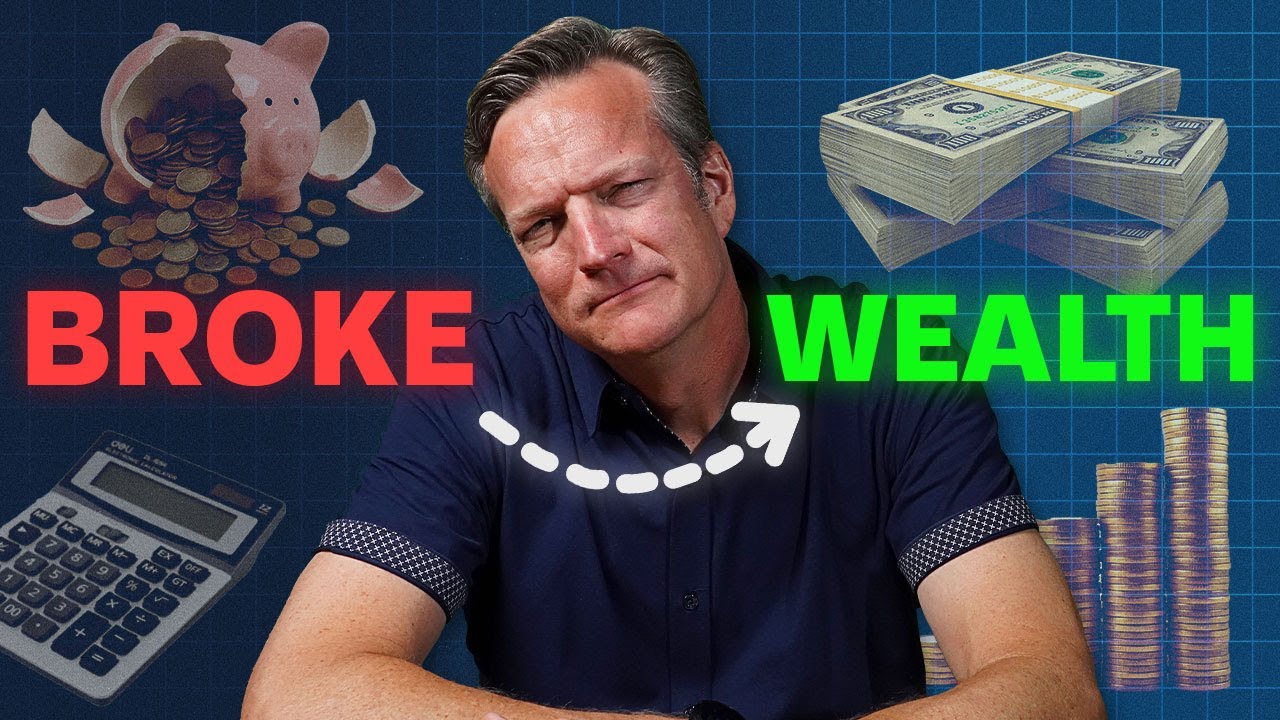Next up, we have a question from Not Real. "I'm in an entertainment career where I'm making a lot of money right now, but I may never make this much money again. In my case, is an 80% savings rate reasonable, or is there a way that I should approach this long term when I know, okay, this might be a special season that I'm in?" First, I want to compliment Not Real, and I'm going to leave a lot of meat so you can fill in the actual planning.
At my previous firm, we worked with a lot of athletes at the time. I know after I left, they expanded into entertainers as well. It always made me so sad when I'd have all these professional athletes, the NFL players and so forth, that would get these huge signing bonuses, and they'd start immediately expanding their lifestyle when I knew the sad historical average, and it hasn't changed. Most NFL careers don't last three years.
So, I think that Not Real, you are brilliant to be having this thought while you're in the fat phase of making money because the other experience I share is Dave Grohl. If you listen to Dave Grohl's biography book, he shares that he and his father didn't really get along, but the best advice that his square father gave him was, "Someday, you really think this money's gonna keep coming in? Because I think you should start investing and saving." He took his dad's advice to heart and started saving immediately and investing that money. Now he's blessed that his career just went on for decades, and that's why he's one of the wealthiest. I haven't done a show update, but I mean, he was worth hundreds of millions of dollars, a number of years ago.
So use that to power that entrepreneurial fear because I have that as a person. You make good money with an enterprise, but I want to give you a compliment, Not Real, that you're at least thinking about this while you're in the fat phase of your career versus waiting until the money's gone.
So the question is, is 80% okay? I don't know. Here's what you have to figure out, Not Real. You have to know what your number is. We have a great course that can actually walk you through this if you go to
learn.moneyguy.com. It's called
"Know Your Number Course." What you can do is say, "Okay, this is the life that I want to live in the future. This is how I want to be able to structure my lifestyle." So then you figure out your number. Once you know your number, then you can back into how much do I need to save in order to be able to do that.
If I think, "Hey, I've got five years where I'm gonna be making this kind of dough, I may need to have an 80% savings rate to be able to get to that number so that I can live the lifestyle I want to live." Or you may determine, "Hey, you know what? I'm living large now, but I really only need to save 60%. Then, if I can save 60% for the next three, four, five years at this income level, then I'm gonna set myself up for long-term success."
It's very difficult to know if I am making the right decisions today if I don't have a clear view of what my finish line is. It's hard to know if I am on the path if I don't know where the destination is. So the more clearly that you can define that, the better you can answer the question, "Is 80% enough?"
I want to second Brian's thoughts. I love, love, love that you're thinking about this. In our experience, young folks who have big windfalls or come into big money, whether they are professional athletes, gamers, entertainers, or any other occupation, often have this invincible feeling that they will be successful forever. They believe it will go on indefinitely and they will hit their lucky break. The fact that you're recognizing that it might not last forever is awesome. You have a huge opportunity to set yourself up well for the future if you can be disciplined and practice that discipline.
Daniel and I were working on a project, and there was a statistic I came across during my review. People who win the lottery have a higher probability of bankruptcy five years later compared to those who didn't win the lottery. How is that possible? Well, it's the same thing with entertainers, celebrities, and other individuals who receive big windfalls. Bo mentioned the
Know Your Number course. Here's what that course can do for you. If you input your living expenses and say, "I'm spending a million dollars a year," it will calculate how much money you need to have at retirement to sustain a lifestyle with expenses of a million dollars a year. It's going to be a substantial amount of money. Then you might realize, "Whoa, I don't need a million dollars a year. What about eighty thousand dollars a year?" You can adjust your living expenses to eighty thousand dollars, and it will completely change the assumptions and the amount you need to save. It will also shift your mindset.
The biggest mistake people make when they come into windfalls, including entertainers, athletes, and lottery winners, is that they immediately think about consumption. They focus on what they can buy, such as a new car or a new house. They fail to consider how to turn their wealth into long-term financial security. They miss the opportunity to live a sustainable life that aligns with their values, goals, and desired experiences with their family. So, think about it from an abundance mindset rather than a consumption mindset, and you'll be much better off.













